Defence

Defence: to de-fence; to remove ignorance through understanding. To break down barriers through dispelling fear. To destroy walls of hatred through love. To create harmony through tearing down the fences that we build both physically and in our hearts and minds that keep others out or prevent them entering. Reconciliation.
Defencing
Defencing, or removing the fences we feel we need to erect to protect ourselves creates openness. It provides a space where darkness and ignorance can no longer find a foothold. Instead no man’s land becomes a fertile ground for mutual respect, peace and understanding. A place where we meet in the middle to embrace each other’s differences and celebrate our common ground.
Castrum
Day three of the pilgrimage to Rome we walked through the ancient town of Rochester with its castle and fortifications and cathedral, part of the pilgrimage route to Jerusalem.
The Latin word castrum in Roman times referred to a building, or plot of land, used as a fortified military camp.
In the Roman Empire, the Latin word castrum was a building, or plot of land, used as a fortified military camp. These camps where often heavily protected or fortified to fend off marauding tribes bent on ousting the Roman invaders from their land. No doubt this is where we get the word castle from.

Chester
As we wandered the ancient streets exploring the castle fortifications and city wall, Lynn, a fellow pilgrim described how place names throughout England with the word ‘chester’ started off as Roman military camps.
Places such as Manchester, Chichester, Winchester, and Dorchester started off as Roman camps.
In some places names such as Leicester and Worcester the ‘h’ was removed to shorten the name.

Martyred Pacifist
It was an interesting tour we made wandering around the centre of Rochester before entering the cathedral. What caught my eye was a painting by Scott Norwood Witt entitled St George and the Dead Soldier. The painting was inspired by the recent deployment of British Forces overseas together with the historical misrepresentation of St. George.
The plaque that accompanies the painting reads:
A native of Palestine, the patron saint of soldier, England and numerous other countries is shown battle-fatigued identifying another fatality of war. Removing the ‘contrived dragon-slayer’ identity developed during the Crusades, reveals an international Man of Sorrows in grief for all casualties of war and conflict. ..Warrior of a tyrannical emperor turned dissident pacificst, who paid for it with his life as a martyr.
Propping Up Walls of Fear & Ignorance
This direct connection to our pilgrimage to Jerusalem is poignant. I begin to see the Crusades as a propaganda campaign of Crusaders hell bent on ‘saving’ the Holy Land.
History is replete with such propaganda. Building walls through ignorance and fear has always been a way to commit great atrocities. From the World Wars, to the Holacaust, the Cold War and the Berlin Wall, we build walls to keep people out or keep people in.
Defence
As we walk in solidarity with the Palestinians who’s lands were confiscated with a stroke of a pen this sin of ignorance becomes clear. At the time the British government in their military and colonial might saw other cultures under their rule as underlings. Palestinians and their long and rich history on the land was ignored. Palestinians were seen as culturally inferior to the great British imperialists.
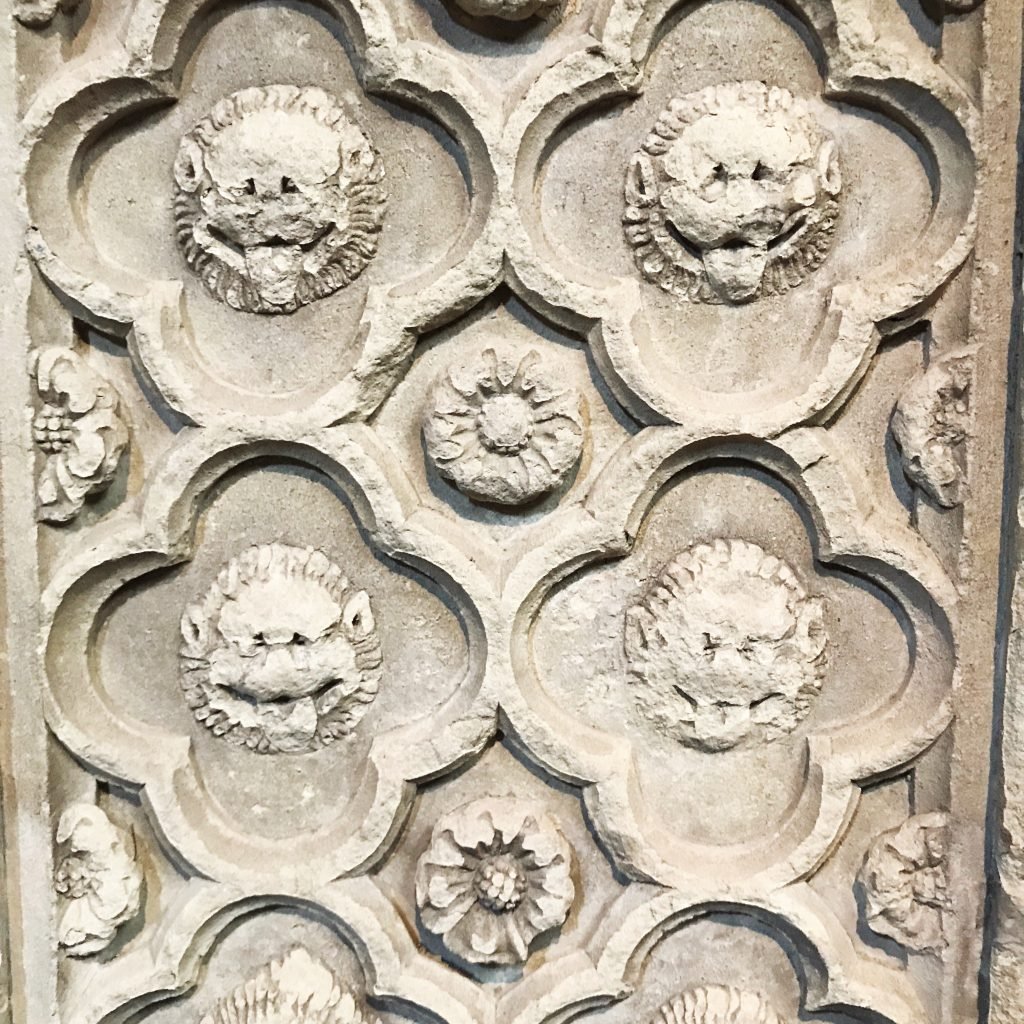
Walls Tumbling Down
We create our lies, we spread our lies. Propaganda are simply lies we prop up. They are flimsy walls propped up by words and ignorance. They topple when enough people no longer believe these lies. When awareness and understanding lightens the way darkness and fear are dispelled.
As we march forward in peace to raise awareness, just like the Berlin Wall, we one day see a day when the walls of fear will topple, and we see peace in the Middle East.
It is important to keep vigilant and to constantly question. We see in the United States and divided states at the moment. Donald Trump and his propaganda campaign of fear in his intention to build a Mexican Wall is dividing the nation. Those with clarity of mind see the divisiveness of his intentions and will not stand for it.
Unconditional Forgiveness
I finish up as I get ready to start today’s onward march with sore and weary legs with words from a reading yesterday from day four that has stuck with me since hearing these words. They are words of reconciliation and forgiveness and I hope that they too stay with you.
They were written by Nicaraguan Louis Enrique Mejia Godoy. He and his brother were especially effective in rallying the nonreading rural public to join the Sandinista’s mission to overthrow the long-standing dictatorship of the Samoza family. Some of their songs contained undisguised calls to arms and guides to building weapons. They delivered a powerful populist message. 1.
Even after such horrific acts of war, torture, pain and attrocities, the following words take on even greater intensity.
Revenge
My personal revenge will be your children’s
right to schooling and to flowers.
My personal revenge will be this song
bursting for you with no more fears.My personal revenge will be to make you see
the goodness in my people’s eyes,
implacable in combat always
generous and firm in victory.My personal revenge will be to greet you
“Good morning!” In streets with no beggars,
when instead of locking you inside
they say, ‘Don’t look so sad.’
When you, the torturer,
daren’t lift your head.
My personal revenge will be to give you
these hands you once ill-treated
with all their tenderness intact.
Let’s tear down the walls of ignorance in our own lives. Let us not let others get away for building new walls. The best defence is to be ever vigilant to those who are intent on casting us into fear. Use love and empathy as your sword. Be patient. Be understanding. The world needs everyone of us to stand for love. Find forgiveness in your heart. Forgive those and clear the past. Forgive yourself. It is time for de-fencing.

Ultimate Act of Love
On Day Four of the pilgrimage to Jerusalem at lunch time we laid in the shade under trees in a field in Doddington. Close by was The Beheading of St John Church and churchyard with old gravestones amongst the wildflowers and birdsong.
In this peaceful moment, Ian, a fellow walker delivered a beautiful story to us all about forgiveness and understanding. It is a story that came out of the war and genocide in Rwanda as Tutsi’s killed between half a million to a million Tutsi’s who’s origins were ignorance and fear.
In the story, after the war was over, Tutsi’s who had murdered Hutus were brought to trial. A young Tutsi man was brought in front of the court and listen to the story to understand the incredibly powerful ending, one that no doubt may have a strong an impact on you as it did on me, and how through understanding and love we can tear down fences…the recording is below.
Bibliography:
1. https://www.britannica.com/art/nueva-cancion#ref1084238
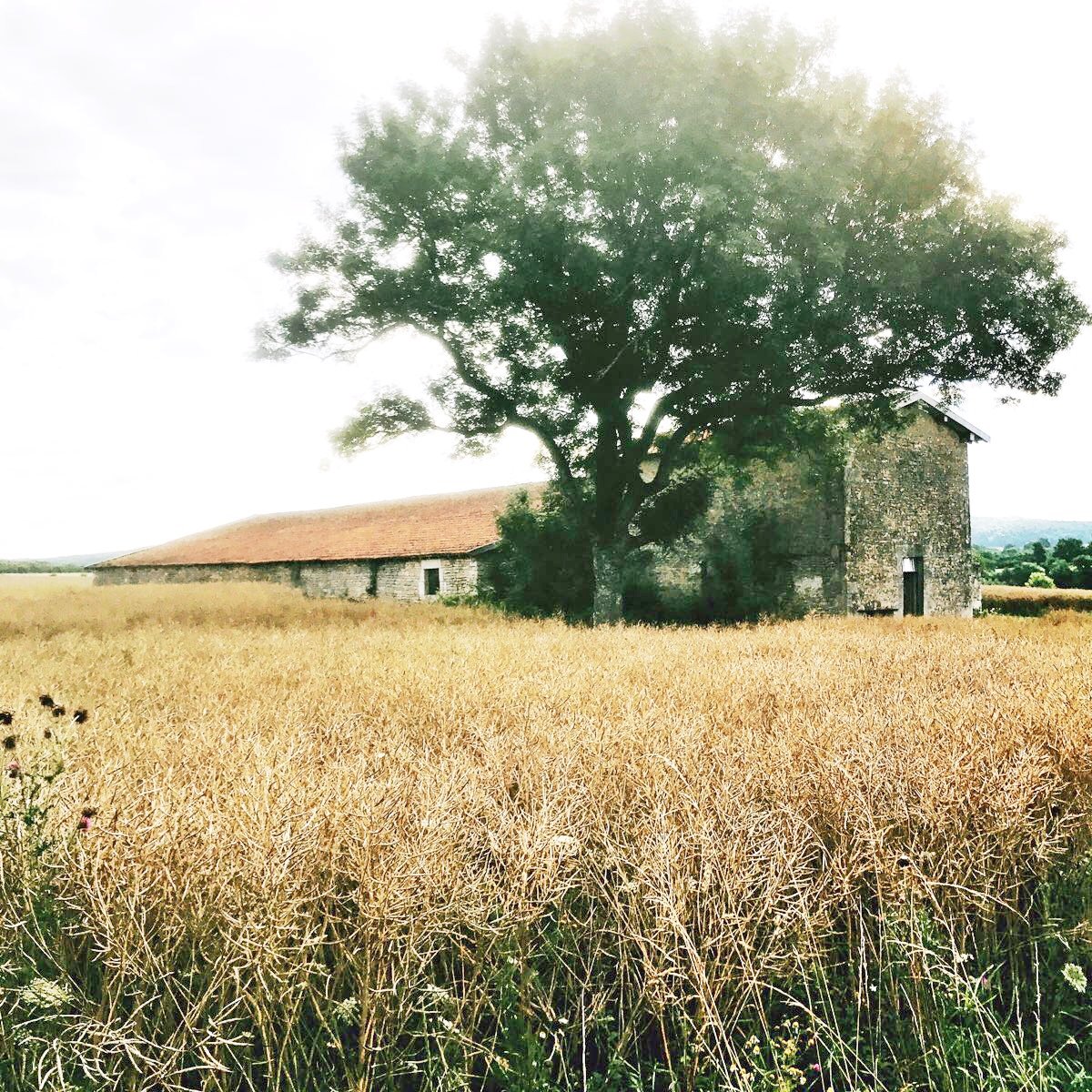




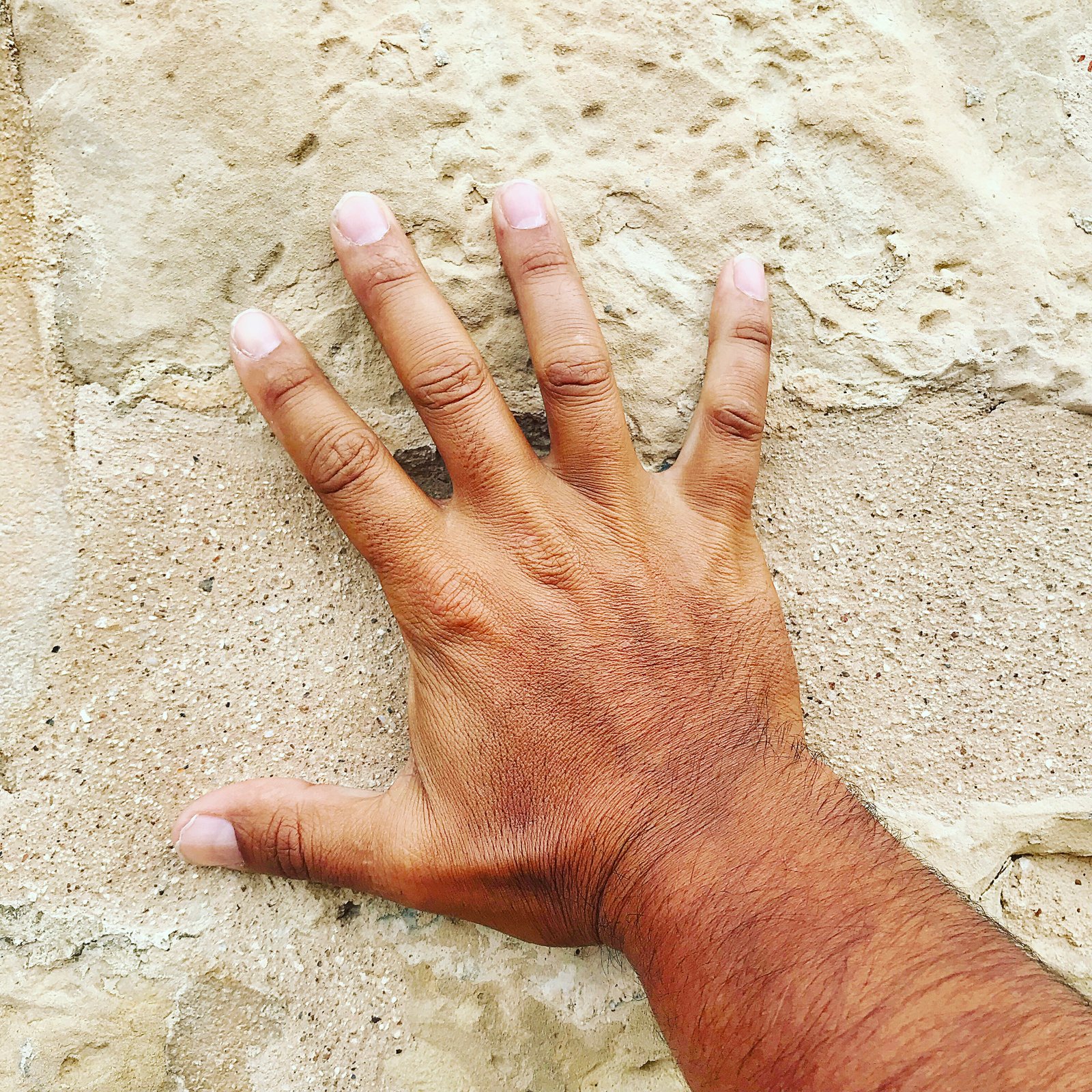


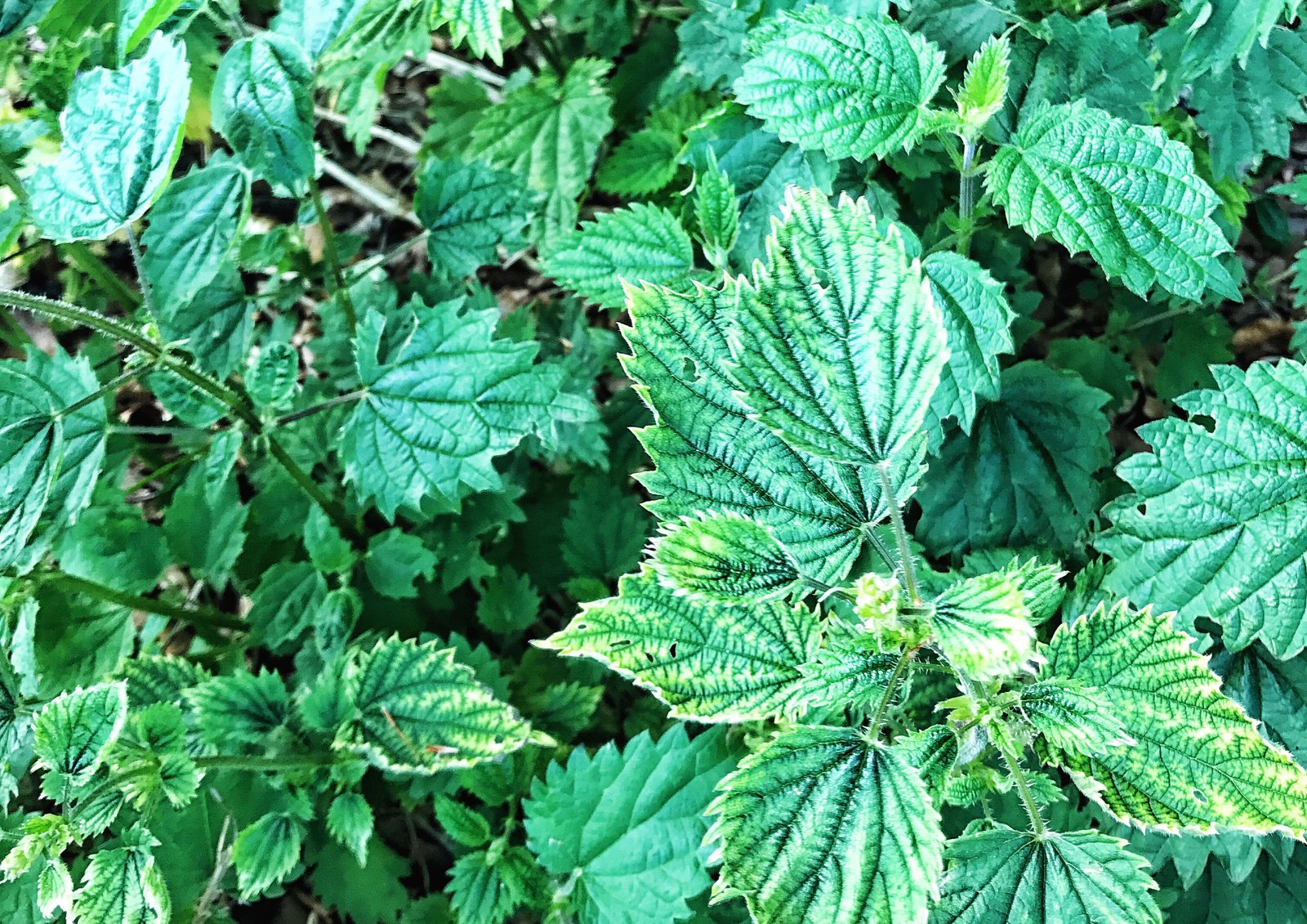
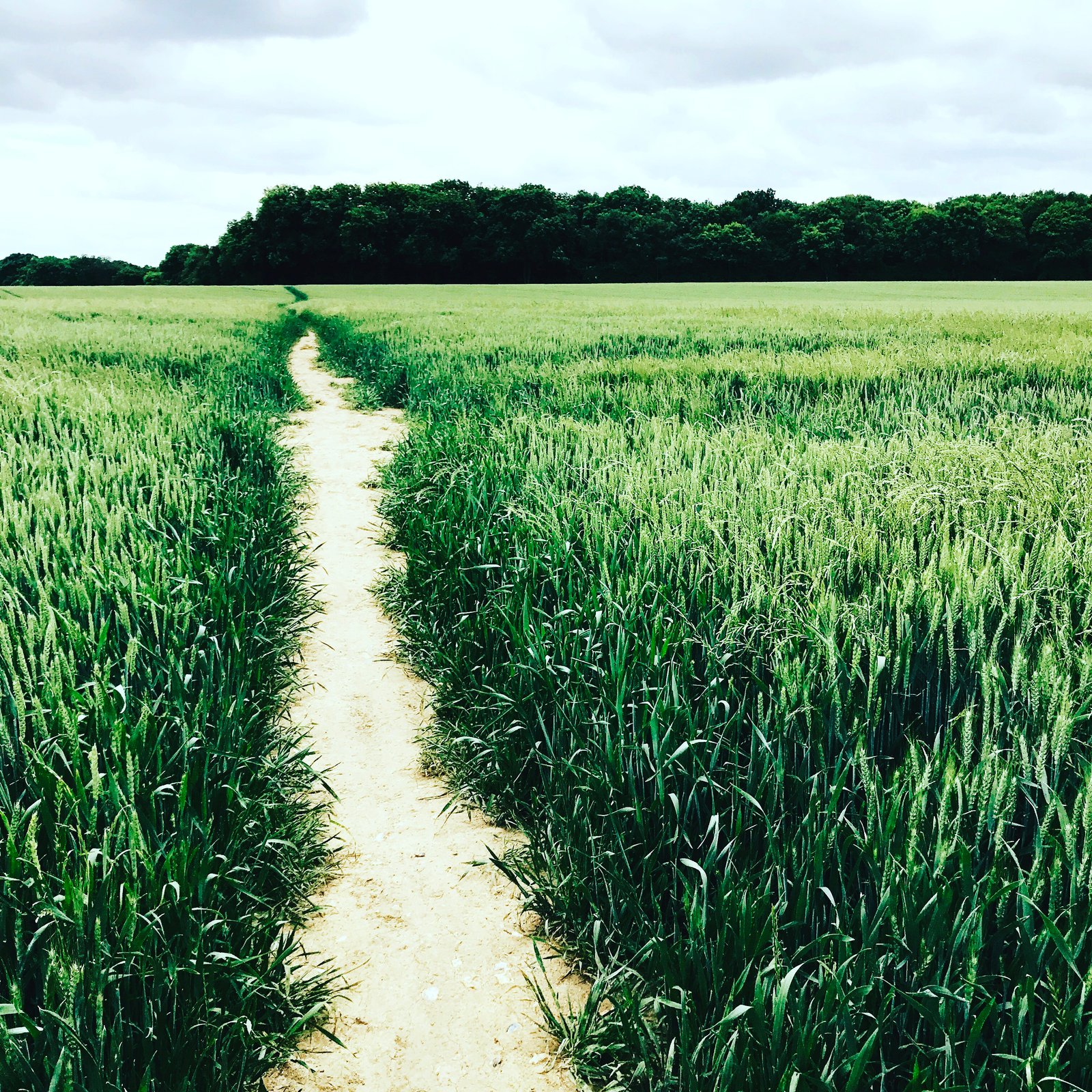

Andrew Stimson
06/16/2017Some wonderful text David. “Let’s tear down the walls of ignorance in our own lives. Let us not let others get away for building new walls. The best defence is to be ever vigilant to those who are intent on casting us into fear. Use love and empathy as your sword. Be patient. Be understanding. The world needs everyone of us to stand for love. Find forgiveness in your heart. Forgive those and clear the past. Forgive yourself. “
David Cuschieri
06/16/2017Thank you Andrew for reading my blog and your lovely comment.
Yes, I think it is important to be ever vigilant of the walls of fear that are constantly being built and through love, knowledge and understanding break them down so that we can know peace in our lives and those of others.
Thank you for sharing.
Margaret Hunt
06/17/2017I agree with Andrew David, what wonderful text. I also love hearing Ian’s story. I also love the term ‘defencing’, keep spreading your energy and your words. Forgiveness opens the door to being whole, front and centre. x
David Cuschieri
06/17/2017Hi Margaret,
Ian’s story was very moving and I felt it had more power hearing it rather than writing about it. The English language I find interesting. I also find language and words as very powerful and the media especially has a very important role to play to ensure that it isn’t so biased towards negativity. It is often important to remember to report unbiasedly and even to be careful to describe the words they use to describe situations and events.
Thanks again Margaret for your words xxx